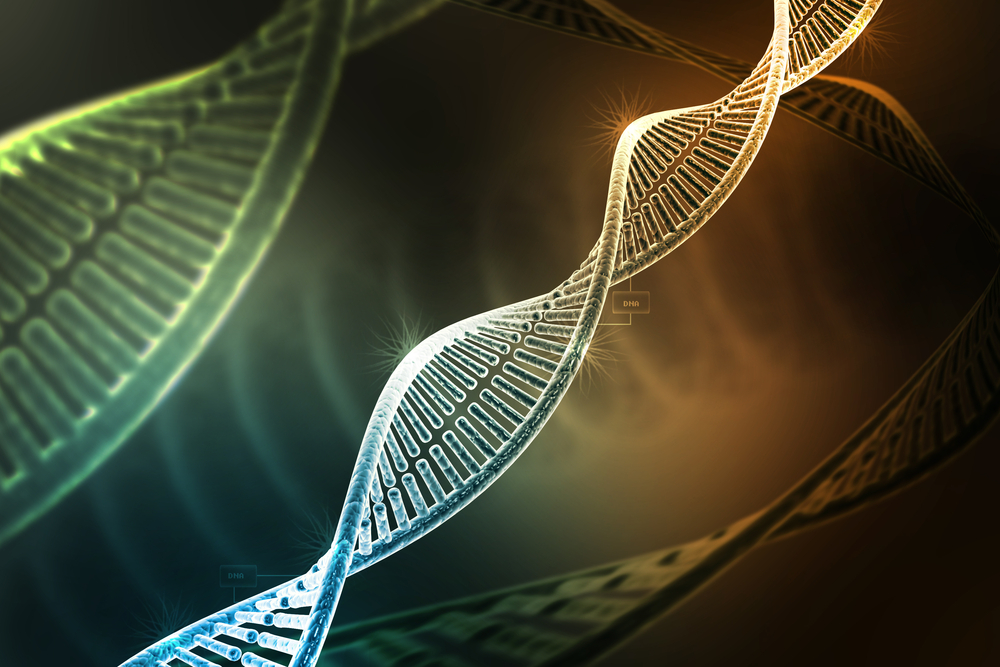Huntington Disease-Afflicted Families May Share Common Ancestors
Written by |

Could patients with Huntington’s disease (HD) who are of European ancestry be related by a distant individual? Perhaps, according to a study from the Center for Human Genetic Research at Massachusetts General Hospital in Boston. Researchers led by Dr. Jong-Min Lee and Dr. James F. Gusella conducted an investigation into the genetic mutations present in Huntington’s disease and discovered that as few as ten types of mutations present in patients are responsible for more than 97% of Huntington’s cases.
“Huntington disease reflects the dominant consequences of a CAG-repeat expansion in HTT,” wrote lead author Dr. Lee. According to Genetics Home Reference, HTT, the gene encoding for the protein huntingtin (which is abnormal in HD patients) usually contains 10 to 35 repeats of cytosine-adenine-guanine DNA base pairs but patients have upwards of 36 repeats. How many repeats are found in an individual varies, and is primarily responsible for determining how quickly the disease progresses.
Gene-based approaches are an attractive option for Huntington’s treatment, but since gene-based targeting requires some similarity between patients if a single treatment is to be used for all, it is important to understand patients’ genetic profiles. Dr. Gusella’s laboratory previously found that there are only a few disease-associated HTT mutations responsible for the majority of Huntington’s disease cases, known as haplotypes. To refine their understanding of haplotype frequency, researchers conducted a complete genetic sequence analysis on four Huntington’s disease-affected families with one haplotype and compared the results to DNA sequencing results of ancient Europeans.
The article, “Sequence-Level Analysis of the Major European Huntington Disease Haplotype,” published in The American Journal of Human Genetics, revealed that the four families likely shared a common ancestor that allowed the haplotypes to develop, but that small variations over time led to the current family-specific genetic variations in HTT.
“These data suggest that the current development of gene-based targeting for [Huntington disease] could be extended to personalized allele-specific approaches in essentially all [Huntington disease] individuals of European ancestry,” wrote Dr. Lee. The few individuals who do not have one of the haplotypes covered by a specific treatment may benefit from studies that use other known mutations in HTT.


